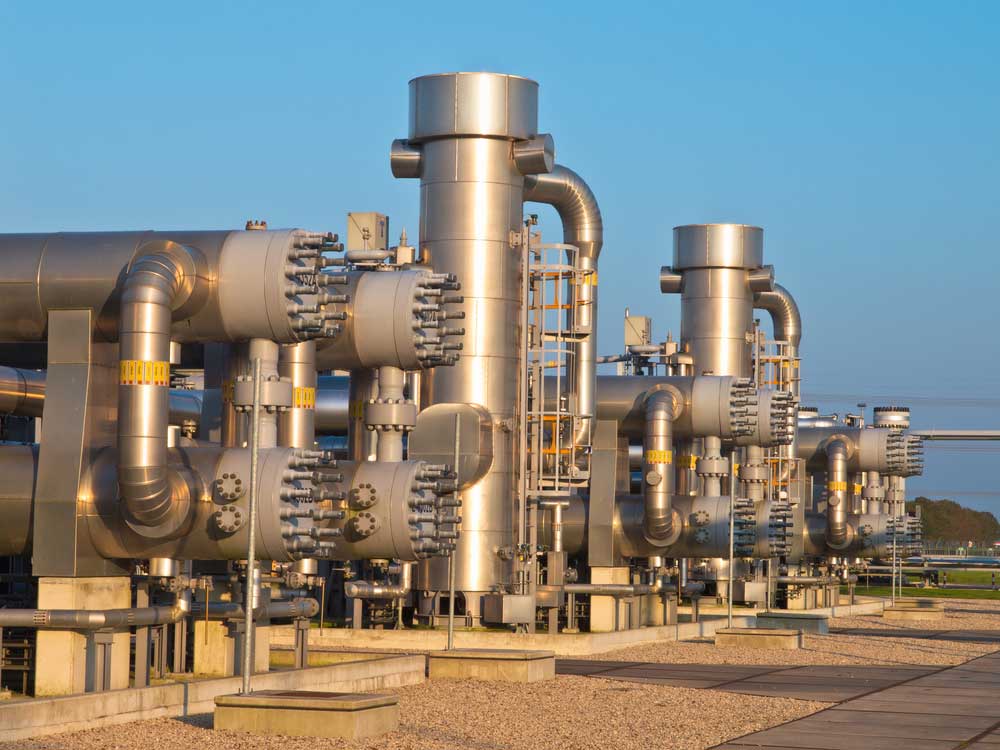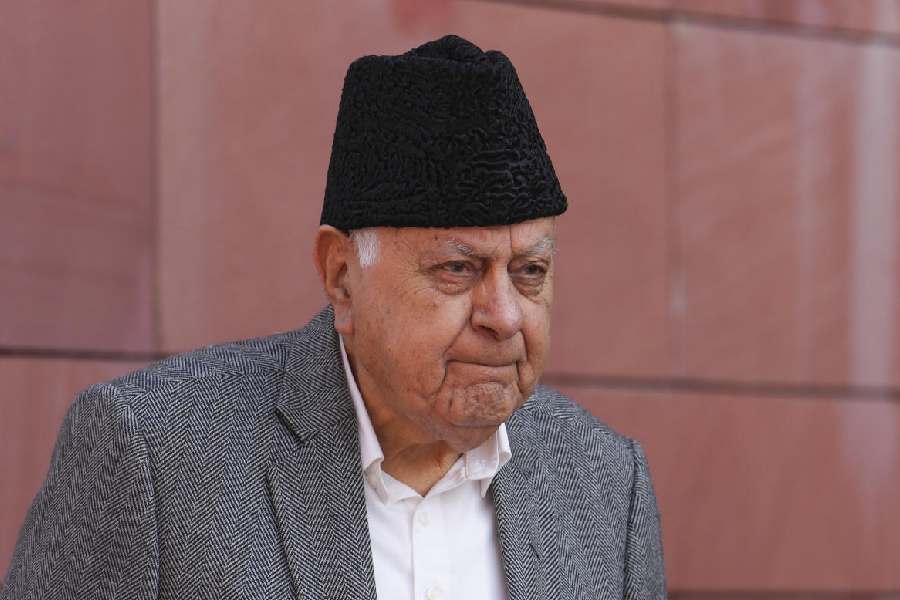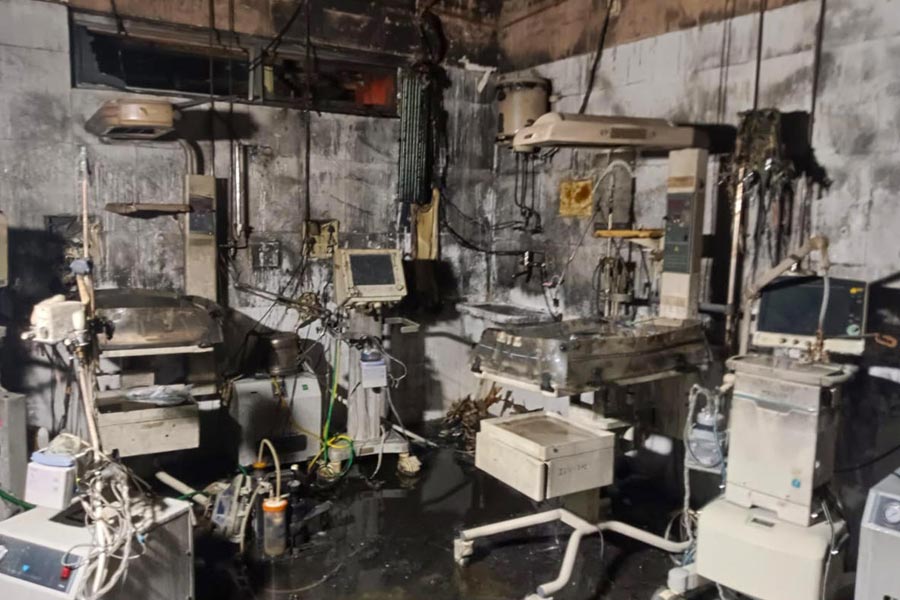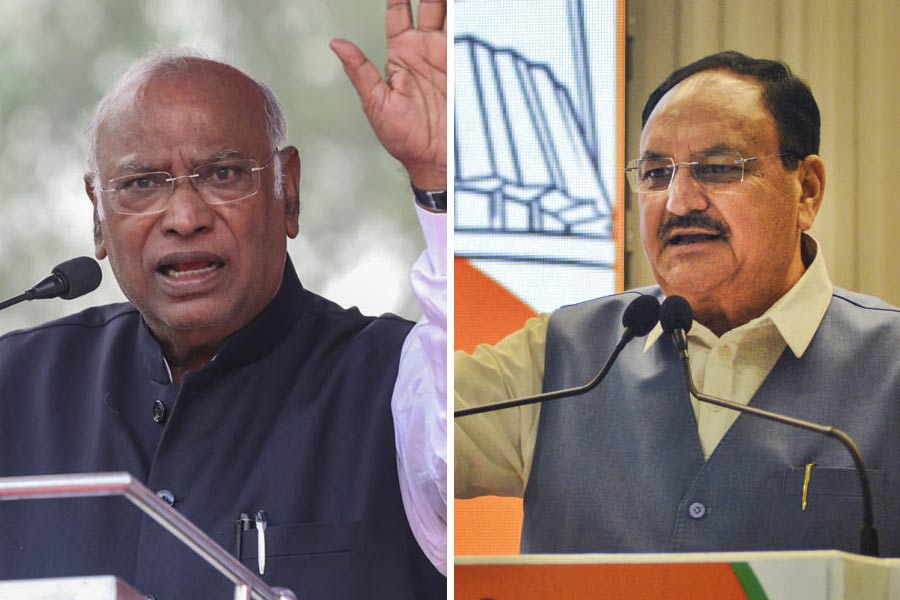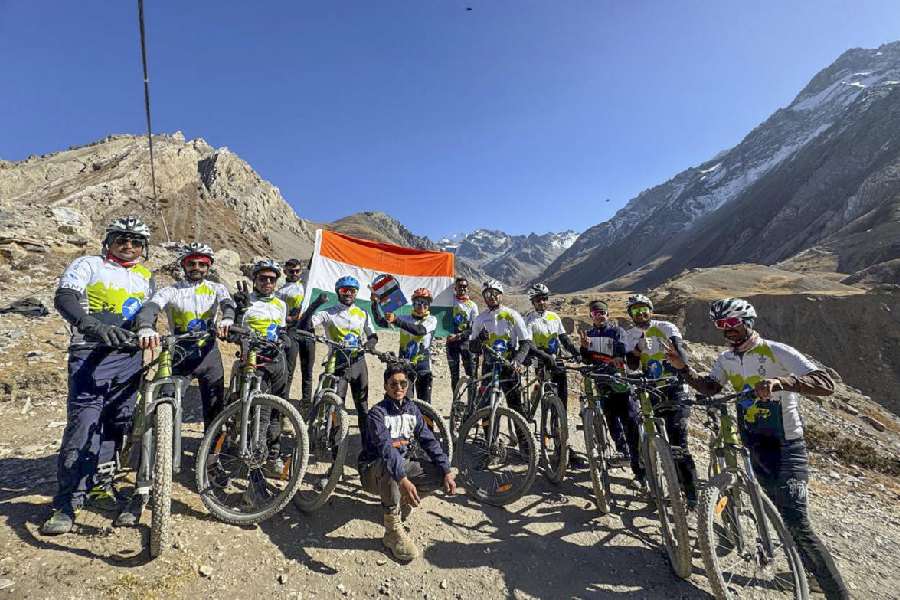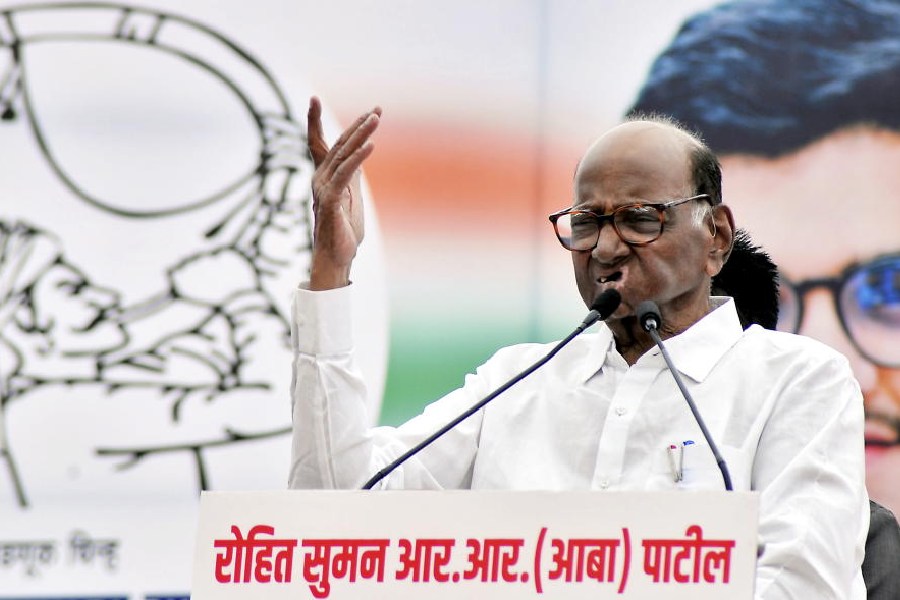The natural gas trading hub, which could help in better price discovery, is unlikely to be set up in the current fiscal as the oil ministry plans to first decide on splitting GAIL India into two separate entities — a gas marketing company and another a pipeline company.
As both a marketer and a pipeline operator, GAIL in its current form has raised serious questions about conflict of interest in the business.
Oil ministry officials said “for effective transparent functioning of the gas hub, there should be level playing field and equal access to the pipeline infrastructure and no scope of any favour or discrimination by the pipeline operator. So unbundling would ensure a level playing field”.
The official, however, said the government is yet to take a final decision.
GAIL controls around 70 per cent of the country's natural gas pipeline network and has gas marketing operations, as well.
The PSU owns and operates over 11,000 km of natural gas pipeline network and sells around 60 per cent of natural gas in the country. It has opened its network to private gas marketing companies.
Pipelines are crucial to take natural gas to consumers across the country. Currently, the pipelines are concentrated in the western and northern parts of the country only.
After initially resisting any split moves, GAIL has said separation could be done only after the gas market develops further.
In mature markets, monopoly gas transporting and marketing companies have been unbundled or split after the share of natural gas in the energy mix has reached at least 15 per cent and a well-connected pipeline network built.
Also, domestically produced natural gas forms bulk of consumption, Gail said.
The share of natural gas in the energy mix of the country is currently about 6.2 per cent, while 40 per cent of gas produced domestically is consumed.
The official said the government also needs to decide on who would be the transmission system operator, apart from deciding on how much volume should be traded on the proposed exchange.

